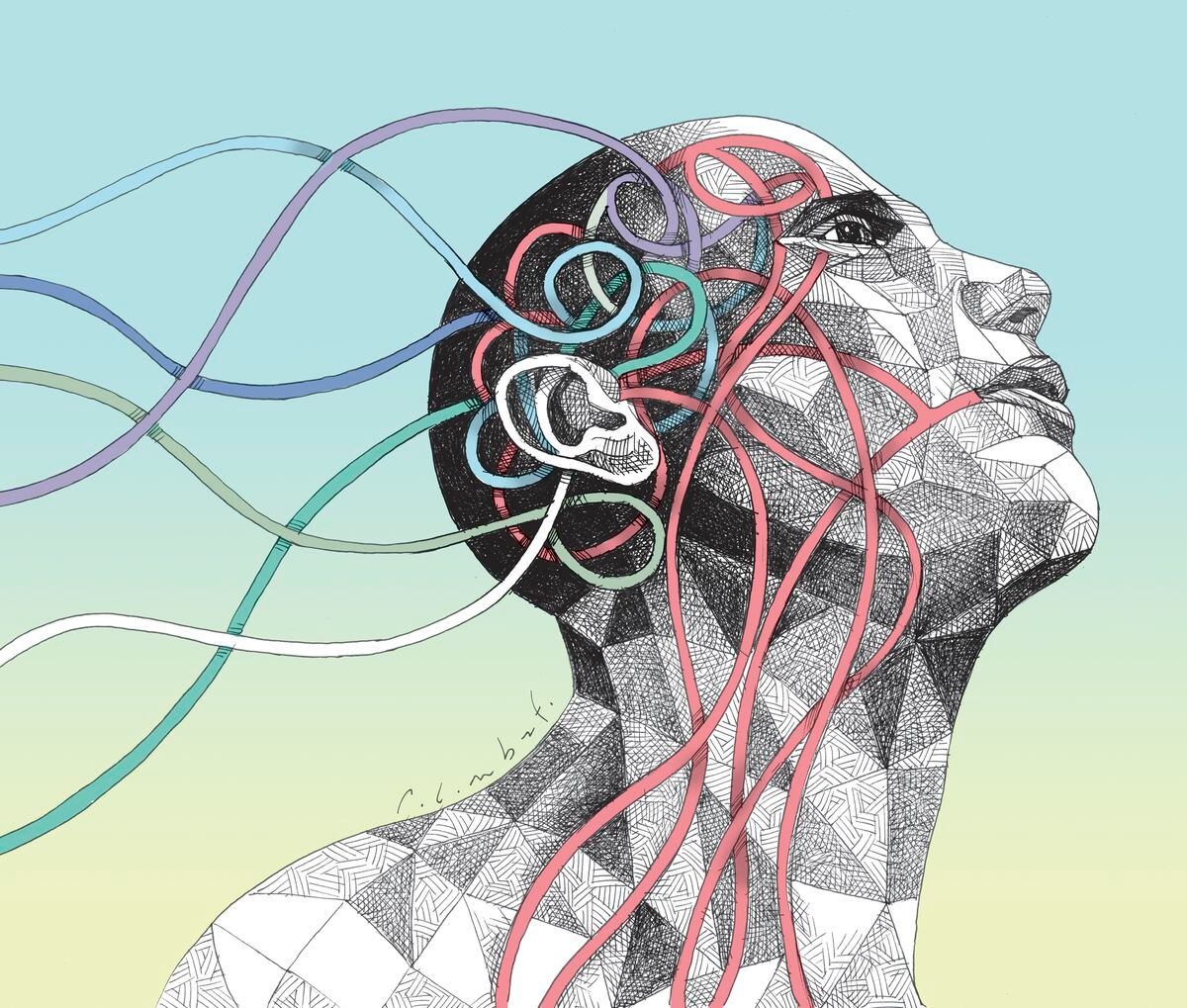There are those who recharge their energy by surrounding themselves with people and there are those who prefer solitude to feel better.
Or who embraces change without too many difficulties or, on the contrary, who automatically resists new ideas.
Each person is different, it is popularly said, and part of this difference is defined by our personality.
Personality is our hallmark, the traits and characteristics that distinguish us from the rest.
Traditionally, it had been believed that someone who was an introvert was stable;
for example, he would behave in the same way throughout his life.
However, the latest research has debunked that belief.
Our personality varies and, in the next six years, each of us will have undergone changes in some of the traits that define us.
Personality is formed through a process, in which two basic ingredients are involved: temperament, defined by our genetics, and character, which is forged in the first 20 years of life according to learning, the quality of attachments and experiences.
Personality is the result of all this and "it is reflected in our behaviors, in our ways of doing, thinking, feeling and in how we relate to the world and to ourselves," says the doctor in Clinical Psychology and the Health Laura Rojas-Marcos, author of the book
Live together and share
(Grijalbo, 2021), in the interview we had.
But the most interesting thing: we have the ability to shape aspects of our personality throughout our lives, as science has shown.
If we start with the big five personality traits (openness to experience, conscientiousness, extraversion, agreeableness, and neuroticism), it seems that with age we become more emotionally stable, more socially sensitive or agreeable, and less narcissistic, according to one of the most robust studies to date with Dutch adults over several years.
Age helps us mature and take things with another perspective.
But you don't have to wait decades for this to happen.
According to another analysis, we are likely to change two of the five most important personality traits in six years.
We don't all change in the same way.
Moreover, it seems that the same events do not impact us in the same way.
To do this, you only need to take a look at how the covid has influenced us.
"There are people who have become more fearful or anxious due to some traumatic experience," says Dr. Rojas-Marcos, "while others have not experienced it like this even though they have had similar experiences."
The results of personality research over the years and in different cultures corroborate this conclusion.
In the previous study, for example, it was found that divorce, widowhood or difficult situations did not affect personality in the same way.
Nor are certain excuses valid to justify our changes.
In fact, another research finding debunks a common myth: Children don't inherit personality from their parents.
They share 38% common traits with their parents, something that might seem like a high number.
However, if we randomly compare our personality with a stranger, we share an average of 33%, according to René Mõttus, a professor at the University of Edinburgh.
Five percentage points is not particularly significant, so it does not serve as an excuse.
Nor does it seem that living in the same family determines whether children's personalities resemble each other or whether couples resemble their traits over time.
If external factors should not be trusted to shape our personality, the challenge lies in the inner work that each one does.
We need to learn to know each other more.
We can rely on specialists, in conversations, in readings or in training that invite us to reflect and find new resources in the face of automatic responses.
And as Rojas-Marcos assures: "The key is to identify the purpose, carry out an action plan and give yourself the opportunity to let yourself be carried away by the adventurous spirit, learn to call things by their name and practice".
the big five
Personality can be described through the Big Five traits.
Each is a continuum that goes from one extreme to the other, with positions in between.
Are these:
—
Openness to experience
.
Search for new learning, related to curiosity.
—
Consciousness.
Capacity for self-control, organization and responsibility.
—
Extraversion
.
Sociability, opposite of introversion.
—
Kindness.
Trait of tolerance, compassion and respect for others.
—
Neuroticism or emotional stability
.
Resilience in the face of situations that are experienced or a tendency towards anxiety.
Pilar Jericó is the coordinator of the Happiness Laboratory blog.
Subscribe to continue reading
Read without limits
Keep reading
I'm already a subscriber









